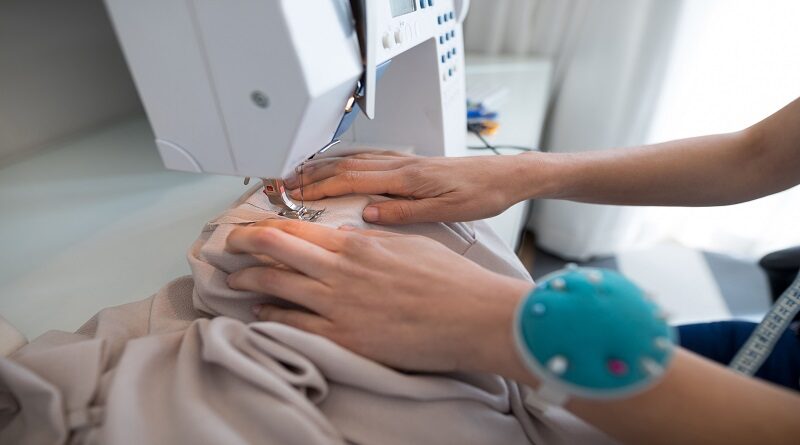Postgraduate courses in Fashion Design
If you have a flare for fashion and are looking to add to your education and future career by expressing yourself through clothing and accessories, maybe a postgraduate degree in Fashion Design is exactly what you’re looking for.
When in search of a course, it can be hard to know where to begin. We’ve gathered the information you’ll need to know when considering taking on a new journey.
Let’s start with the basics.
What is Fashion design?
Fashion design is the art of applying design, aesthetics and natural beauty to clothing and it’s accessories. It is mostly influenced by cultural and social attitudes and trends and varies over time and location.
Fashion design is split up into three main sectors:
- Haute couture: exclusive, one off creations, often expensive clothing
- Ready to wear: clothing sold in small quantities but often expensive
- High street stores: Mass market, generally not too expensive
Work of a fashion designer
The responsibilities of a fashion designer can change from day to day and from company to company but examples of tasks carried out are:
- Producing concepts
- Sketching
- Developing patterns
- Overseeing production
- Analyzing trends in fabrics, colours and shapes
- Innovative designs
- Selecting and buying materials
- Quality control
Courses
There are a range of courses to choose from across the UK in Fashion Design. Courses may vary in specific material covered however all courses will prepare students for working in a fast paced world of fashion design and help them to develop and equip themselves with all necessary skills they will need. There are many courses in different areas which allow students to focus on their strengths and interests.
There are many courses in the fashion design area on offer. While there are too many to mention every single one, some examples are:
Fashion Cultures and Histories
Students will study the cultures of fashion in relation to critical fashion history and theory.
Fashion Design
The key elements of fashion design, the heritage of fashion and skills and production are key focuses of a course in general Fashion Design.
Costume Design for performance
Students will experiment and be creative in pushing boundaries of costume design for performances both live and in film.
Fashion Design Technology (Menswear and Womenswear separately)
Aimed at students who aim to set up their own label in a particular field such as menswear or womenswear and will look at challenges, production and requirements for the fashion world.
There are also courses available in Fashion Journalism, Fashion Photography, Fashion Film and Digital Production and many more, all of which can be found online.
Entry requirements
Like most courses, the entry requirements can differ from course to course, University to University and with courses like Fashion Design that can be greatly influenced by natural talent, some applicants may also be considered on an individual basis. For most, an honours degree in fashion or a related field is required.
All specific entry requirements can be found online in course overviews or on University websites.
Career options and development
Most fashion designers work for design labels, in retail chains, for clothing manufacturers or with in-house design teams. It is quite a competitive field of work with the highest numbers of fashion designers working in London. A strong portfolio is needed to gain employment so building experience is essential.
Designers often start in small roles and can work their way up to higher roles over time. Through experience and improving their skills over time, fashion designers may also work their way into big name brands. While very few designers go out on their own to create their own label, it is still a possibility but would take a lot of work, time, talent and experience.
Apart from the title ‘fashion designer’, some go into different roles. For example:
- Fashion journalism
- Costume design
- Style consultancy
Salary
The salary in fashion designs greatly varied as roles differ from smaller roles to bigger roles and from company to company. Starting salaries are much less, possibly beginning at £16,000 a year. However, the salaries within the industry can range from £16,000 to £60,000 a year and depend on a number of variables such as experience, role, brand, projects and companies.
Skills and requirements
- A natural interest in art and design
- Creative and innovative
- An eye for colour, texture and pattern
- Skills in pattern cutting, grading, garment construction
- Enjoy following and keeping up with trends
- Hard working
- Attention to detail
- Adaptability
- Work well under pressure
- Ability to meet deadlines
- Be a good negotiator
- Strong organisation skills




